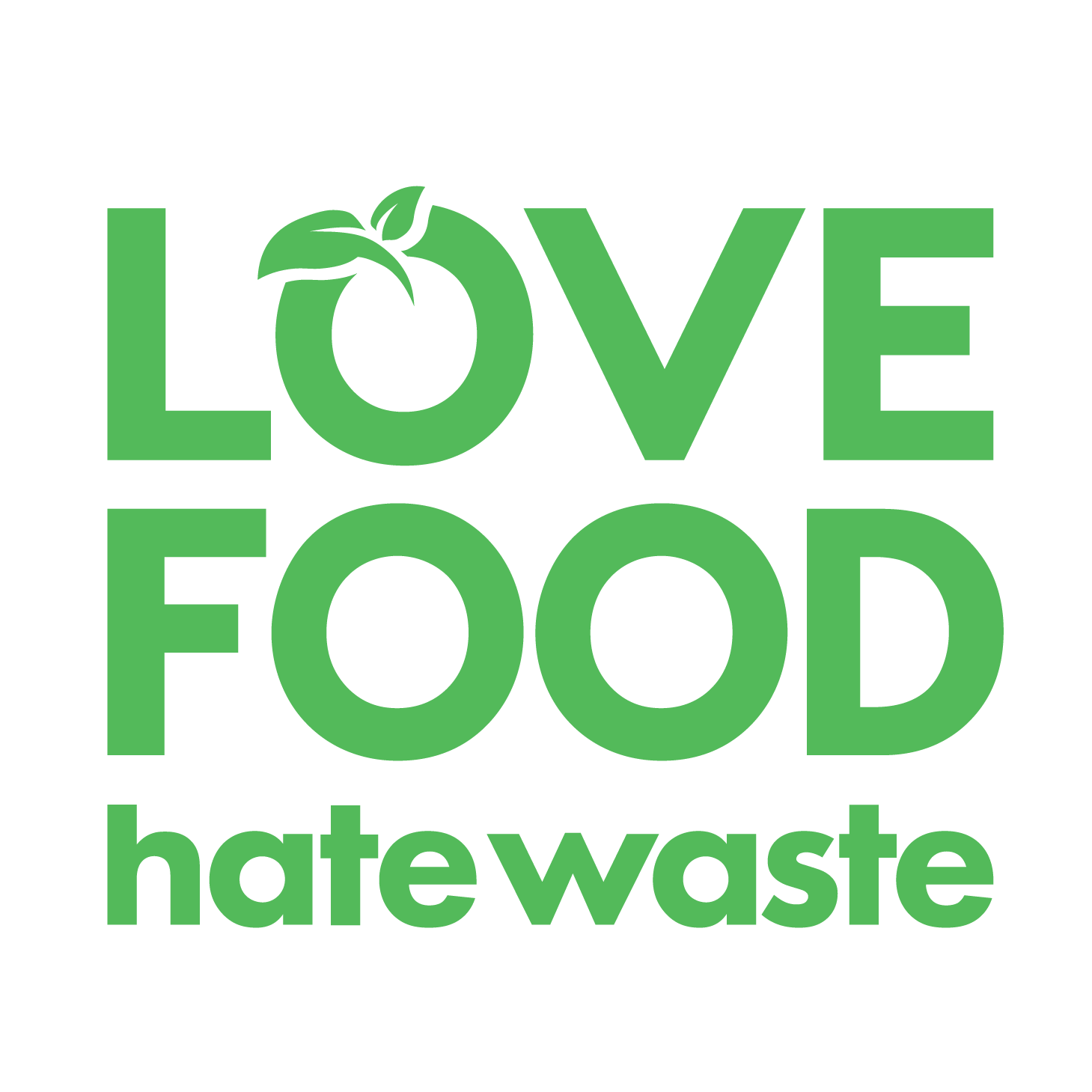Planning your meals and making a shopping list are two easy ways to reduce your food waste – the less you buy, the less you waste.
There is no need to stock up on two weeks’ worth of food at once, instead, buy little and often, knowing exactly what you need for your meals. This reduces how much food and money you waste and ensures your food is super fresh.

Take stock
Take the time to check what food supplies you have in your fridge, freezer and cupboards. What needs to be eaten up this week?
It’s also worth looking at your diary and see what you have coming up. Will you be home everyday to make a meal? Do you need to plan for a leftover meal one night because you are staying late at work? Do you have a social event that will change the weekly routine? Do you have plans to host and need to cook for more? Looking at your schedule will help you create a meal plan that you can stick to.
Handy hints:
- Check in with the people you share meals with about their plans for the week, so you can avoid any last-minute changes to your meal plans.

Choose your meals
Planning your meals is helpful in so many ways. Not only will you reduce the food you waste as well as saving some money, it can also save your valuable time and help you avoid the dreaded 5pm panic.
When making a meal plan, start with what you already have. Do you have a squash that has been in the cupboard for a few weeks? Put squash pancakes on the menu. Last week’s veggies still in the fridge? Put them into a frittata or smoothie. Find recipes here.
Choose recipes that are easy, flexible, and can cater to your household’s needs. Look for recipes that make use of similar ingredients across meals. You’ll also want to plan recipes where leftovers can be transformed into something new, extending the life of your ingredients.
Once you have an idea of what meals you can make with the food you already have, add a couple of family favourites into the mix so you have enough meals for the week. Write your plan on a whiteboard or on a piece of paper and keep it on the fridge.
Handy hints:
- Try to plan a meal that can be used for two nights e.g. a big pot of ground beef could be spaghetti bolognese one night and shepherd’s pie the next.
- Plan to have a freezer night every now and then when you use up leftovers and things you have frozen.
- Planning only five or six meals for the week gives you flexibility if your plans change or you feel that fish and chips on the beach is in order.

Make your list
Once you have a meal plan it should be easy to write your shopping list.
Check your fridge, freezer and cupboards carefully to see what you need. Open jars or pick things up to see how much is left in them.
Write down all the groceries you will need for the week. The more detail, the less chance of buying duplicates and having waste at the end of the week.
It sounds silly, but the key thing now is to remember to take your shopping list with you to the supermarket! Tuck your shopping list in your wallet as soon as you have finished writing it. Better yet, record it on your phone – there are plenty of free apps to help you.
And finally, when shopping, resist the temptation to buy items on special unless you have a plan to use them. Also, avoid shopping hungry—it’s a recipe for impulse buys!
Handy hints:
- When you run out of items, note them down on a whiteboard or piece of paper on the fridge so you don’t forget them when you come to make your shopping list.
- If you don’t have time to write a list, take a photo of your fridge and pantry so you have at least some idea of what’s in there.
- Beware of bulk buying deals. They may look like a good deal but if you won’t use all of it then it is a waste of food and money. Only buy things in bulk that you know for sure you will use, such as pantry essentials (rice, flour etc) and things that have long shelf lives like tinned tomatoes.
- Buying foods that can be used for several different dishes gives you the flexibility to create different meals.

